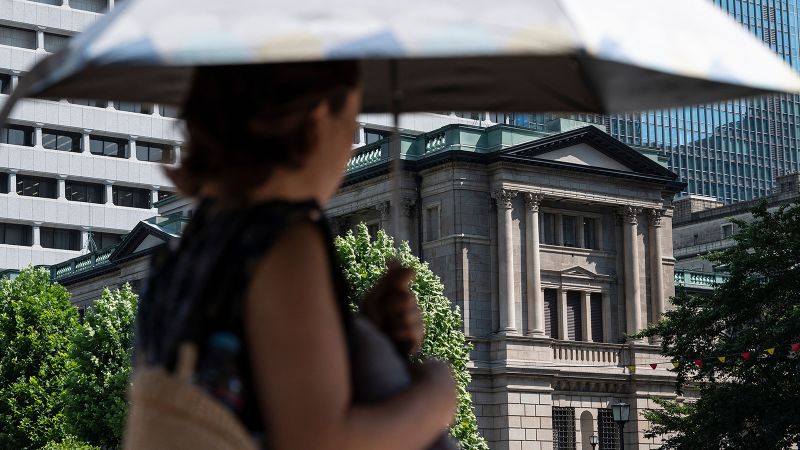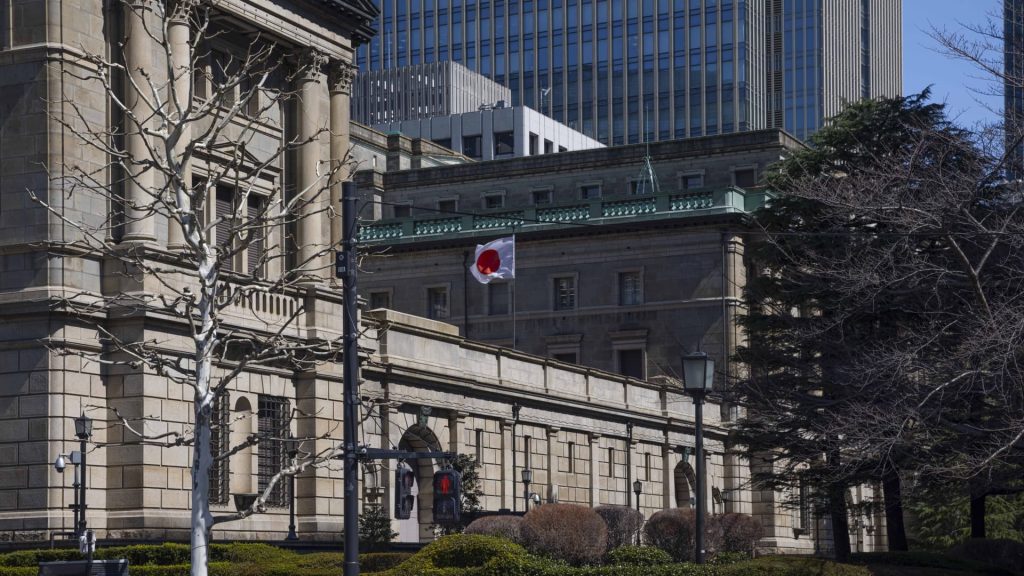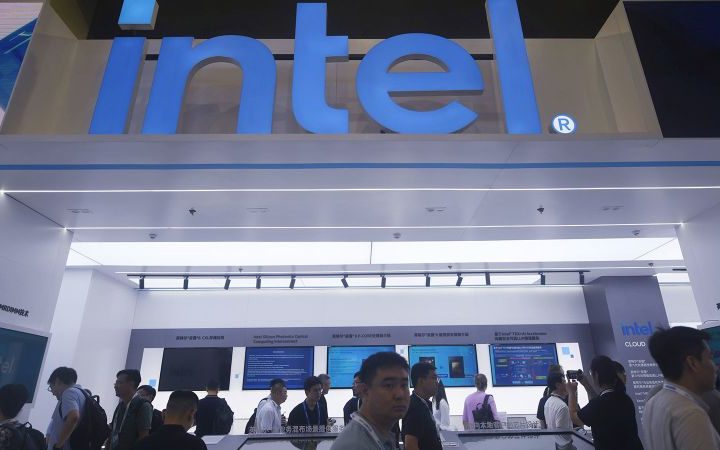Japan has ended its negative interest rate policy, marking a historic shift away from an aggressive monetary easing program that had been implemented to fight chronic deflation.
As part of the decision, the Bank of Japan (BOJ) raised its short-term interest rates to around 0 to 0.1% from minus 0.1%, according to a statement posted on its website on Tuesday.
The bank adopted negative interest rates in 2016 to step up monetary easing to fight deflation.
The BOJ also announced on Tuesday that it would abandon its yield curve control policy, which was designed to keep the yield on 10-year Japanese government bonds around 0% to maintain accommodative financial conditions.
This is a developing story and will be updated.
Read the full article here







